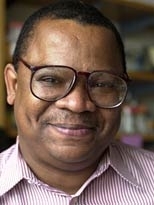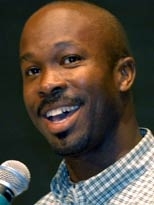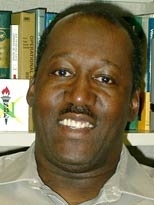James L. Sherley, an associate professor in biological engineering; R. Erich Caulfield, a graduate student in electrical engineering and computer science; and James S. Banks (S.B. 1976) received Dr. Martin Luther King Leadership Awards at a presentation at the MIT Faculty Club on Feb. 2.
MIT Chancellor Philip L. Clay presented the Leadership Awards. The three winners, who were honored for service to the MIT community and beyond, commented briefly on what King's ideals have meant to them.
Leo Osgood, Jr. associate dean for undergraduate education, and Michael S. Feld, professor of physics and director of the Spectroscopy Laboratory, co-chairs of the Martin Luther King Jr. Committee, notified the award winners by telephone in mid-January and recently by letter.
Sherley, who came to MIT six years ago, was nominated by students and colleagues who cited his enthusiastic commitment to education and science and his exemplary work as a scientist, teacher and laboratory head who has fostered an inclusive and supportive environment. Sherley has been active in the Harvard Biomedical Science Careers Program, the Roxbury Preparatory School, the Undergraduate Biomedical Engineering Society, and the Hyde Park School. He formed a Biological Engineering Diversity Committee and is frequently sought out as a pre-med advisor.
Banks, an MIT alumnus who majored in electrical engineering, has been of particular service to MIT through his 15-year commitment to recruiting students from under-represented groups for employment at Hewlett-Packard and Agilent. His efforts have led to productive relationships among MIT students, alumni and their employers, and created opportunities for students though his support of the Office of Minority Education's Second Summer Program. Banks also serves on the Industrial Advisory Council for Minority Education.
Caulfield was cited for his thoughtful leadership and dedication to the MIT community in a letter of nomination by Emily Snyder, staff to the Graduate Student Council (GSC). Caulfield was selected for his ability to forge positive relationships with groups and individuals from many backgrounds, and for his concern for the welfare of others. He has served as co-chair of the Black Graduate Students' Association, committee chair of the Graduate Student Council Orientation, and GSC president. His involvement was a critical component in the formation of the GSC Cost of Living Advisory Board (COLAB).
A version of this article appeared in MIT Tech Talk on February 9, 2005 (download PDF).








